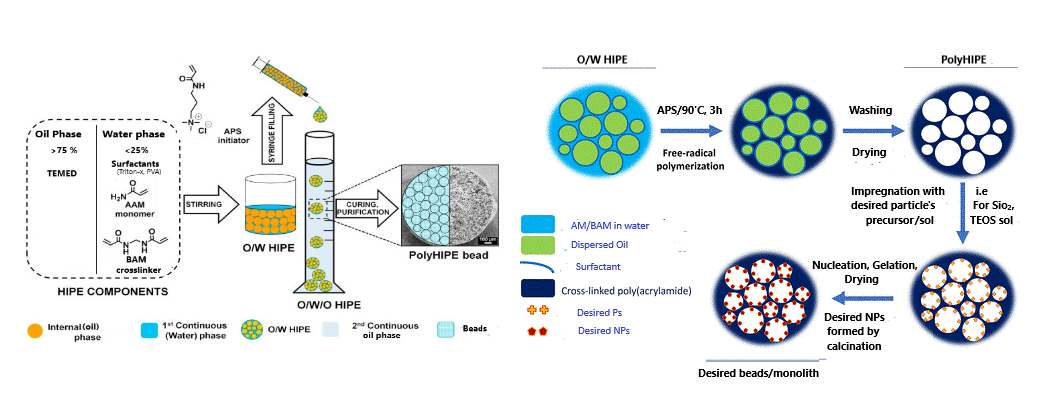
Event date:
May
20
2021
11:00 am
Synthesis of Hierarchically Porous Support to Load Metal/Metal Oxide Nanoparticles Based Catalysts for Esterification/Transesterification of Plant Based Oils
Supervisor
Dr. Irshad Hussain
Student
Hafiz Zohaib Aslam
Venue
Zoom Meetings (Online)
Event
MS Thesis defense
Abstract
Due to the limited reserves of conventional fossil fuels and their negative impact on global climate and human health, the search for alternate energy substitutes is on a continuous rise. Bio-based oils (alkyl esters) produced via esterification/transesterification reaction using acidic or basic heterogeneous catalysts are one of the most promising alternatives of conventional fossil fuels due to their comparative properties. Among the heterogeneous basic catalysts, alkaline earth metal oxides have been found to be the most efficient one because of their high activity, high abundance, and low cost, but their use is limited because of soap formation and the loss of activity after first use. Supported alkaline earth metal catalysts have been developed to enhance their activity and stability. More recently, polyoxometalates (POMs) and metal-organic framework-based catalysts have attracted the great attention of researchers as potential acid catalysts because of their strong Bronsted acidity, attractive topologies, and diverse architectures. Furthermore, the Metal-Organic Frameworks (MOFs) are one of the most promising acid catalysts because of their polyporous nature, large surface area, and structural stability. Unfortunately, the industrial application of the catalysts mentioned above is inherently restricted by soap formation and leaching of active species in supported metal oxides, low catalytic activity in MOFs and low surface area and solubility in polar solvents in the case of POMs. To address these issues, we have synthesized hierarchically porous SiO2 beads via an exotemplating technique by incorporating the SiO2 sol into the macroporous polyacrylamide scaffold followed by gelation, drying, and calcination. The resulting hierarchically porous SiO2 beads were loaded with CaO nanoparticles by dipping the CaO precursors into the silica beads, followed by drying and calcination. Similarly, PAM-POM composite material was prepared by depositing titanium substituted tungstocobaltate POM into macroporous PAM beads by immersing them into the POM’s solution. Likewise, copper-based MOF was also loaded into the PAM beads through the solvothermal method. After characterizing these heterogeneous catalysts with SEM, EDX, powder-XRD, FT-IR, and TGA etc., PAM-POM composite beads were evaluated for the esterification/transesterification of jatropha curcas oil. The composite catalyst showed high activity toward esterification reaction and converted 92% of free fatty acid into biodiesel as determined by the acid value. Further evaluation of these catalysts is underway.
Meeting Link: https://lums-edu-pk.zoom.us/j/93320055066?pwd=ZDFWcnRkbTgzWTJiekhEcGxaa0dHZz09
Meeting ID: 933 2005 5066
Passcode: 021605

